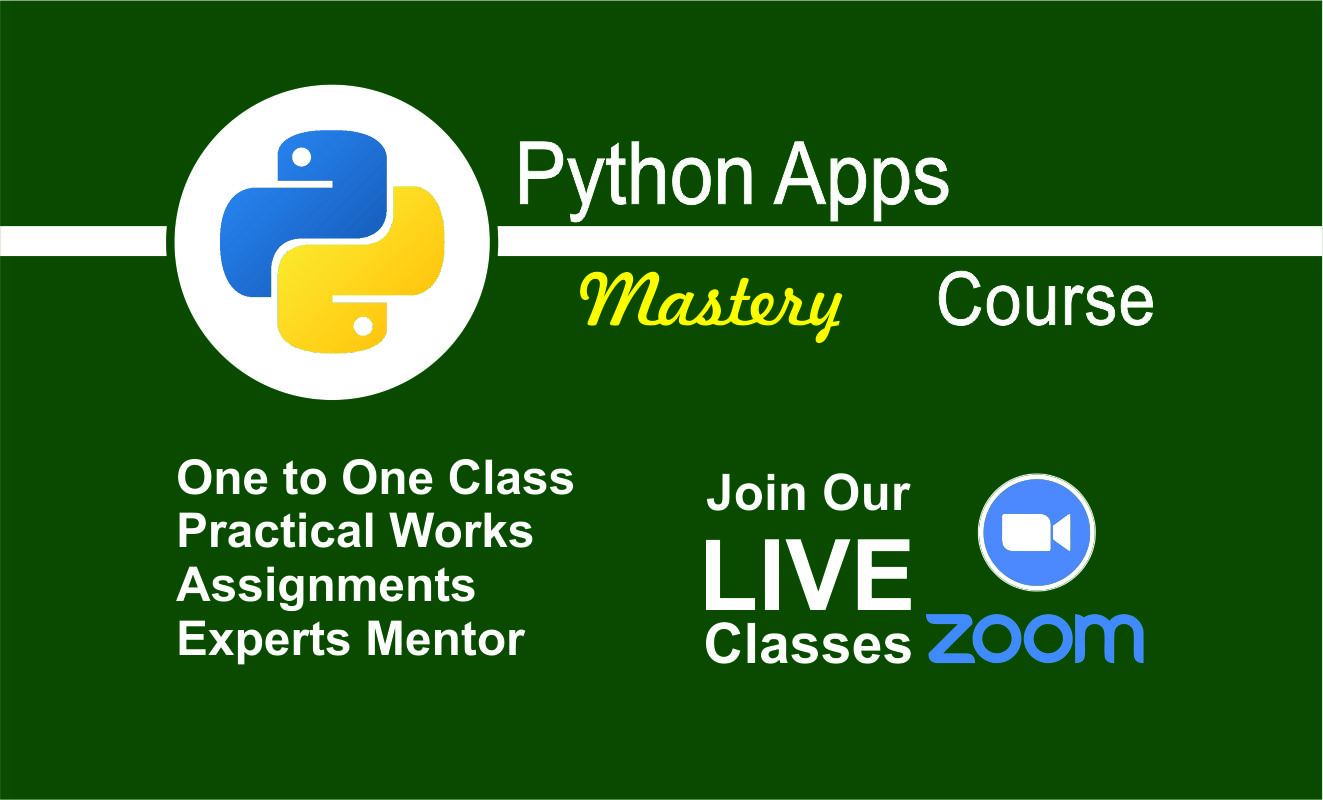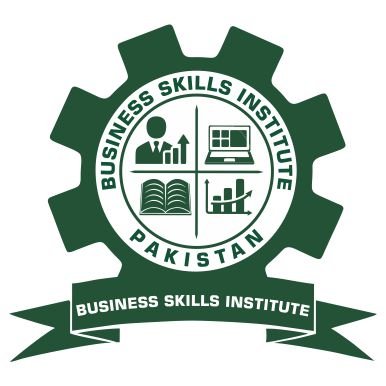The Python App Development course is designed to equip participants with the knowledge and skills needed to develop practical applications using the Python programming language. This course covers a wide range of topics, from the basics of Python programming to building real-world applications for various purposes, including web development, automation, data analysis, and more.
Course Outline:
Module 1: Introduction to Python Programming
- Overview of Python and its popularity
- Setting up the Python development environment
- Writing and executing your first Python script
- Python variables, data types, and basic operators
Module 2: Control Structures and Functions
- Conditional statements (if, elif, else)
- Looping (for and while loops)
- Functions, parameters, and return values
- Best practices in function design
Module 3: Data Structures in Python
- Lists, tuples, and dictionaries
- Sets and their applications
- Working with collections and iteration
- List comprehensions
Module 4: Object-Oriented Programming (OOP)
- Introduction to OOP concepts
- Creating classes and objects
- Inheritance and polymorphism
- Encapsulation and data hiding
Module 5: File Handling and Input/Output
- Reading and writing files in Python
- Handling exceptions and errors
- Standard input and output
- Context managers and the "with" statement
Module 6: Web Development with Flask (Optional)
- Introduction to web frameworks
- Setting up a Flask development environment
- Creating a basic web application
- Routing, templates, and forms
Module 7: Database Integration with SQLite (Optional)
- Introduction to databases and SQL
- SQLite database management in Python
- CRUD operations (Create, Read, Update, Delete)
- Building database-driven applications
Module 8: GUI Application Development (Optional)
- Introduction to GUI frameworks (Tkinter, PyQt, etc.)
- Building graphical user interfaces (GUIs)
- Event-driven programming
- Creating interactive desktop applications
Module 9: Automation and Scripting
- Automating repetitive tasks with Python
- Working with system files and processes
- Automating web interactions with Selenium
- Scripting for system administration
Module 10: Data Analysis and Visualization
- Data analysis libraries (Pandas, NumPy)
- Data cleaning, transformation, and analysis
- Data visualization with Matplotlib and Seaborn
- Creating informative data visualizations
Module 11: Working with APIs and Web Services
- Understanding APIs and RESTful services
- Making API requests in Python
- Parsing JSON and XML responses
- Building applications that interact with APIs
Module 12: Deploying Python Applications
- Packaging Python applications
- Creating executable files
- Deploying web applications to hosting platforms
- Best practices for application deployment
Module 13: Project Development
- Capstone project development
- Choosing a project and defining objectives
- Implementing the project with guidance
- Presentation and peer review
Module 14: Testing and Debugging
- Testing methodologies and practices
- Unit testing and test-driven development (TDD)
- Debugging techniques and tools
- Code quality and best practices
Module 15: Performance Optimization and Scalability
- Profiling Python code
- Identifying bottlenecks and optimization strategies
- Scalability principles for Python applications
- Load testing and performance tuning
Course Duration: The course can be delivered over 12 to 16 weeks, with each module typically lasting one week. The duration can be adjusted based on the depth of coverage and participants' prior experience.
Assessment: Participants will be evaluated through assignments, quizzes, a final project, and participation. Successful completion of the course will lead to a Python App Development certificate.
Prerequisites: Basic programming knowledge is recommended but not mandatory.
Target Audience: This course is suitable for aspiring Python developers, programmers looking to enhance their Python skills, and individuals interested in building practical applications for various domains.

